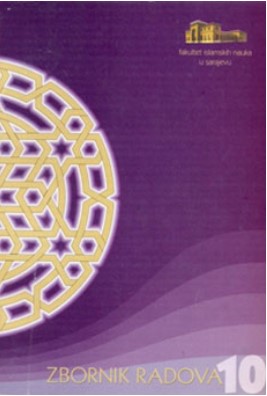VIŠEJEZIČNOST: POZITIVNI I NEGATIVNI ASPEKTI
MULTILINGUALISM: POSITIVE AND NEGATIVE ASPECTS
Author(s): Amrudin HajrićSubject(s): Philosophy of Language, Philology, Theory of Literature
Published by: Fakultet islamskih nauka u Sarajevu
Keywords: Multilingualism; bilingualism;
Summary/Abstract: Multilingualism and bilingualism are consequences of the permanent direct touch of ethnically, economically and politically alien communities. Parallelism of literary language and local dialects is then characteristic of economically undeveloped and with bad communication connected communities, as the consequence of economic and political submissions to more developed societies from direct touches, living in neighbourhood or in colonial terms. Multilingualism is interpreted diametrically diversely in dependence of the aim which the interpreters want to achieve. "Generously" pleading for the expansion of zones of progresses, adherents of hegemony claim that bilingualism – equated with the presence of their language in other centres – is desirable, while politically conscious representatives of inferior communities herein sees the danger from the continuation of existing inequality and deletions of authenticity of subordinate communities. Heirs of Arabic language, today, although they are not colonially subjugated any more, in the area of language suffer consequences of deep stratification, which clearly mirrors in the fact that there is insignificant number of those who use literary language in everyday life, and with the use of local language, they fit the cramped state of local views.
Journal: Zbornik radova Fakulteta islamskih nauka u Sarajevu
- Issue Year: 2005
- Issue No: 10
- Page Range: 370-383
- Page Count: 14
- Language: Bosnian

